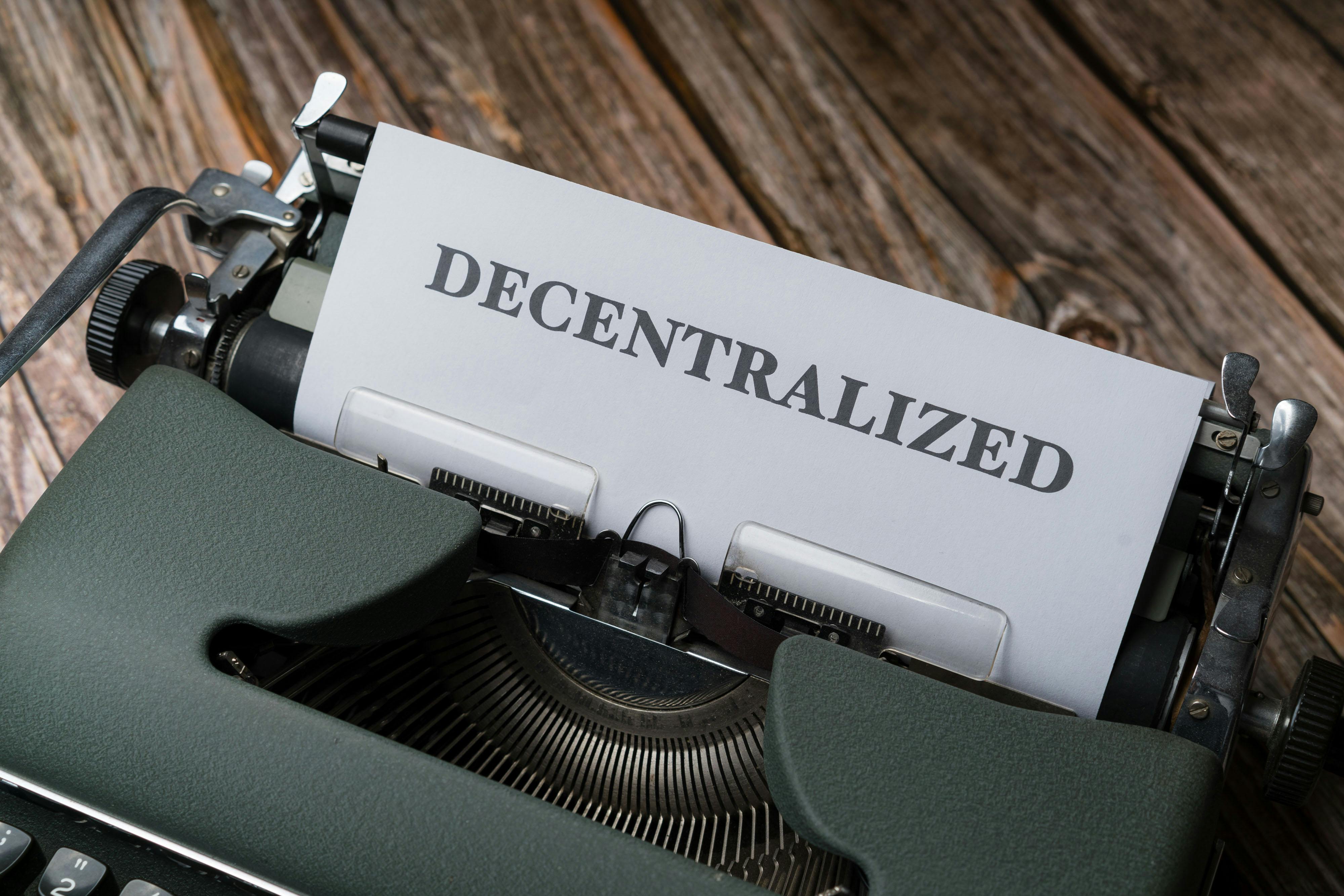Exploring Smart Contract Applications in Blockchain

Exploring Smart Contract Applications in Blockchain
Smart contracts represent a fundamental innovation in blockchain technology, enabling automated and self-executing agreements without intermediaries. They are crucial for advancing blockchain applications, particularly in enabling decentralized apps and streamlining blockchain automation across industries.
- Smart contracts automate processes by executing predefined rules upon condition fulfillment.
- They underpin many blockchain applications, driving efficiency and transparency.
- Decentralized apps (dApps) rely on smart contracts to operate without central authority.
- Blockchain automation through smart contracts reduces costs and human errors.
- Understanding smart contract risks and use cases is key to leveraging blockchain technology effectively.
The concept of smart contracts has gained prominence as blockchain technology matured beyond simple value transfers like cryptocurrencies. Exploring smart contract applications in blockchain enhances understanding of how these digital agreements facilitate trustless, automated interactions in various sectors. This article examines the definition and significance of smart contracts, their role in blockchain applications, prevalent examples, market context, and inherent risks and future applications.
Introduction to Smart Contracts: Importance and Audience
Smart contracts are computer programs that automatically execute actions when specific conditions are met, running on blockchain networks. They eliminate the need for intermediaries by enforcing contract terms via code. Their emergence is significant because they enable decentralized applications (dApps) to function autonomously, thereby unlocking new possibilities for industries including finance, supply chain, real estate, and beyond.
The relevance of smart contracts continues to expand as organizations seek to increase efficiency and security in transactions. They attract blockchain developers, businesses aiming for digital transformation, regulators monitoring new technology, and users interested in decentralized ecosystems. Understanding their capabilities and limitations is essential for stakeholders aiming to innovate or participate in blockchain-enabled processes.
Main Concepts and Definitions
Smart contracts are programmable agreements deployed on blockchain platforms such as Ethereum, Binance Smart Chain, or Solana. Unlike traditional contracts that require legal scrutiny and manual enforcement, smart contracts run automatically when predetermined rules coded into them are satisfied, ensuring transparent and tamper-proof execution.
Blockchain applications refer to solutions leveraging distributed ledger technology to address real-world problems. Smart contracts form the backbone of many blockchain applications, facilitating decentralized finance (DeFi), digital identity management, voting systems, and supply chain traceability.
Decentralized apps (dApps) are software applications operating on decentralized networks. Their logic is enforced by smart contracts, enabling censorship-resistant, peer-to-peer interactions without centralized control.
Blockchain automation describes the use of blockchain protocols and smart contracts to automate tasks traditionally managed by humans or centralized systems, improving speed, reducing errors, and cutting operational costs.
Examples of Smart Contract Applications in the Market
Several sectors implement smart contracts to revolutionize traditional processes. Notable examples include:
- Decentralized Finance (DeFi): Platforms like Uniswap and Aave use smart contracts to automate lending, borrowing, and trading without intermediaries.
- Supply Chain Management: Companies utilize smart contracts to verify provenance, authenticate goods, and automate payments as goods move through supply chains.
- Real Estate: Smart contracts facilitate transparent property transactions, automated lease agreements, and digital title registries.
- Insurance: Automated claim verification and payout processes execute via smart contracts, reducing processing time and fraud.
- Gaming and NFTs: Smart contracts manage in-game assets, ownership rights, and allow for programmable experiences.
Market Context and Adoption Trends
The smart contract ecosystem is expanding parallel to the growth of blockchain technology. Ethereum remains the leading platform supporting smart contracts, with a vibrant developer community and extensive tooling. Other blockchains like Solana, Polkadot, and Binance Smart Chain have introduced smart contract capabilities optimized for scalability and lower fees, fostering broader adoption.
Enterprise adoption of smart contracts is rising, with industries exploring pilot projects for logistics, finance, healthcare, and government services. Standardization efforts and integration with existing IT infrastructures increase viability for mainstream usage.
Risks and Challenges of Smart Contract Implementations
Despite their advantages, smart contracts possess inherent risks and challenges:
- Coding Vulnerabilities: Bugs or flaws in smart contract code can lead to exploits, financial losses, or unintended behavior.
- Irreversibility: Once deployed on-chain, smart contracts generally cannot be altered, making errors costly.
- Legal and Regulatory Uncertainty: Jurisdictional ambiguity may affect enforceability and compliance.
- Scalability Constraints: Network congestion or high fees can hinder performance.
- User Education and Adoption: Complexity of smart contracts may pose barriers for non-technical users.
Future Applications and Potential of Smart Contracts
The potential of smart contracts continues to grow with innovations such as interoperable blockchains, layer 2 scaling solutions, and integration with Internet of Things (IoT) devices. Potential future applications include:
- Automated Governance: Smart contracts could facilitate transparent decision-making in decentralized autonomous organizations (DAOs).
- Cross-Chain Operations: Smart contracts interacting across multiple blockchains to enable new functionalities and liquidity pooling.
- Digital Identity: Enabling user-controlled identity verification and credential sharing.
- LegalTech: Augmenting legal processes with programmable and enforceable agreements.
- Environmental and Social Impact: Smart contracts tracking carbon credits, impact investing, or social welfare distribution.
Summary
Exploring smart contract applications in blockchain reveals their foundational role in automating digital agreements and enabling decentralized applications. These programmable contracts enhance transparency, reduce intermediaries, and extend blockchain utility across diverse industries. While promising, their risks require cautious development, auditing, and regulatory consideration. Continued innovation is likely to expand smart contract applications, driving further adoption of blockchain automation.
See the latest news on doseCRYPT for updates on smart contract developments, blockchain automation trends, and decentralized app innovations.


